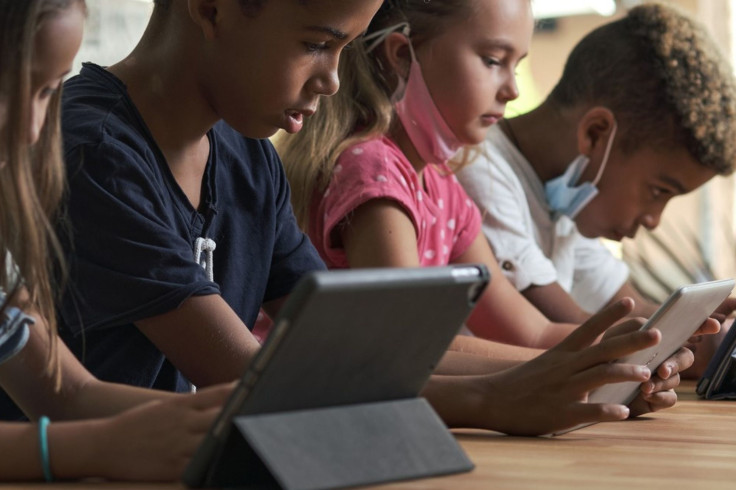
Texas lawmakers are considering a ban on social media for minors as schools and law enforcement struggle with rising online dangers, including cyberbullying, pornography, and exploitation.
State authorities have long worked to address the harmful effects of social media on young people, including criminalizing cyberbullying and preventing online platforms from collecting minors' data. However, limited resources have left educators to deal with these issues and often without sufficient knowledge of students' online activities.
"Almost every kid comes to school with a smartphone device, so they have access to unfettered content most of the time," said Zeph Capo, president of the Texas American Federation of Teachers, to the Texas Tribune.
Lawmakers have floated several initiatives for the upcoming session to address the matter. One of them is a bill introduced by Rep. Jared Patterson (R-Frisco), which would require age verification for new social networking accounts and prevent minors from creating accounts.
Other proposed measures include increased funding for internet crime units and efforts to curb the spread of harmful online content. Patterson called social media "the most dangerous thing our kids have legal access to in Texas."
School officials and cybercrime investigators agree that more accountability is needed from social media companies. "We need these businesses to be responsible and throttle some of this tremendously negative content," Capo said.
At an October Senate Committee on State Affairs hearing, lawmakers heard testimonies about the negative impact of social media on Texas children. Among the stories were accounts of a middle school girl developing an eating disorder after watching a TikTok video, a boy becoming addicted to pornography, and a woman who was groomed for sex work.
Social media's presence in schools, where students have frequent access to technology, has become a source of concern. Jacquelyn Alutto, president of Houston-based No Trafficking Zone, said schools have become "a hunting ground" for online predators.
The issue is compounded by the fact that many students know how to bypass campus firewalls and are using social media to connect with potential traffickers and predators.
Texas Governor Greg Abbott signed the Securing Children Online through Parental Empowerment Act (SCOPE) last year. The law aims to protect minors from harmful content and give parents more control over their children's online activity. However, social media companies have resisted some provisions of the law, leading to ongoing legal challenges.
Texas is far from alone in the effort. Australia's Senate recently passed legislation banning children under the age of 16 from using social media, marking the country as the nation with the world's strictest rules on the matter.
Essentially, anyone under the age of 16 will be blocked from sites such as TikTok, Instagram, Snapchat and Facebook. A specific list of sites that are to become inaccessible to minors is yet to be determined, and each platform will have a year to implement methods to enforce the ban before they are prosecuted.
Tech companies must find methods to prevent children from accessing their sites or risk being fined up to 50 million Australian dollars ($33 million).
© 2024 Latin Times. All rights reserved. Do not reproduce without permission.









